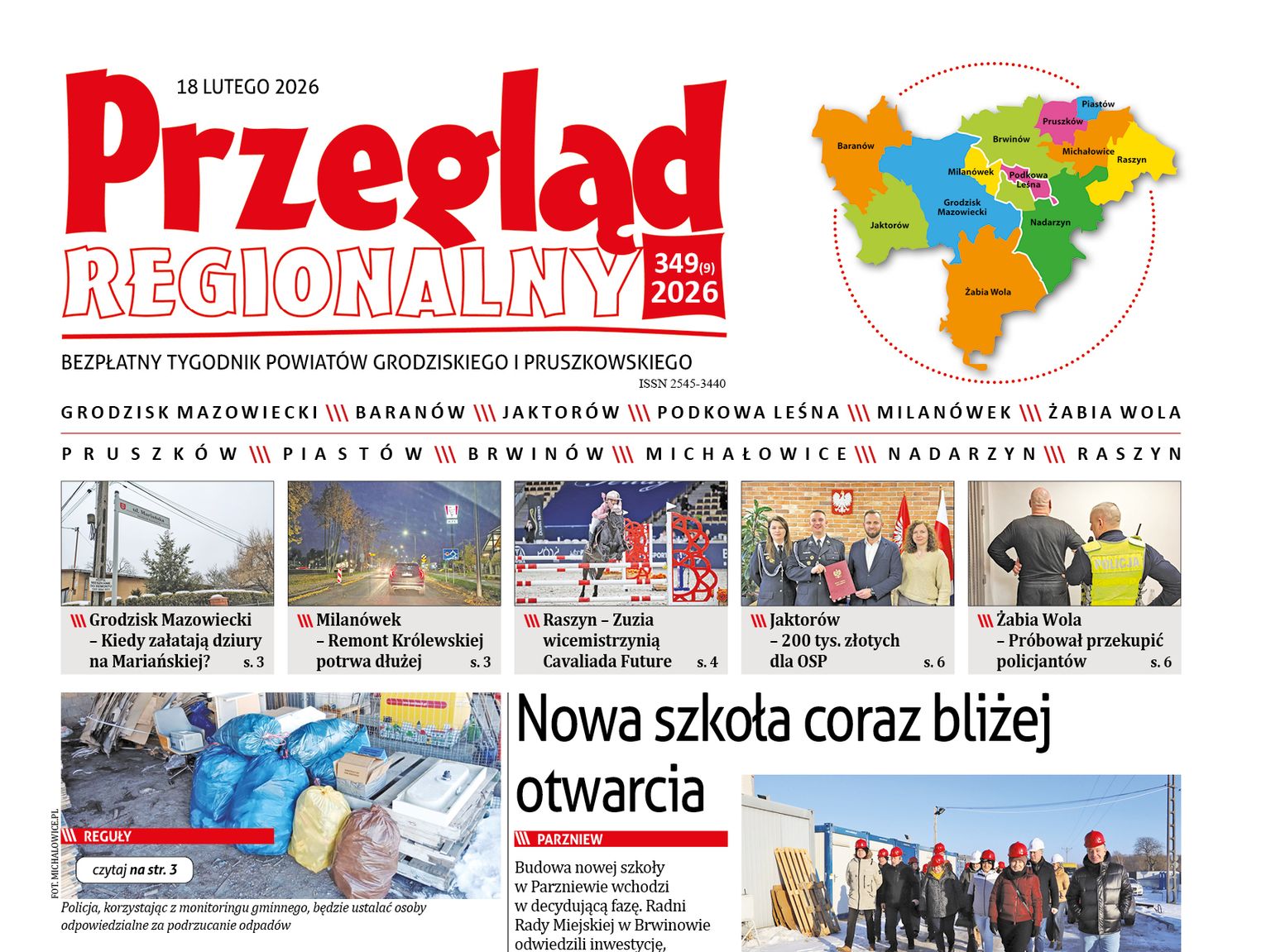While discussing potential drivers of the shadow economy in Poland, it is helpful to distinguish between (A) factors aff ecting household decisions about providing work in the shadow economy, (B) factors aff ecting household decisions to consume goods and services purchased in the shadow economy, and (C) factors behind fi rms’ decisions about buying inputs and selling outputs in the shadow economy, and fi nally interactions between A, B and C. The most obvious is point B. People purchase unregistered goods and services because it is cheaper or they do not know (and probably do not care) whether the purchase is legal or not. The following discusses the supply of unregistered labour and behaviour of fi rms, with special focus on the factors that are specifi c to Poland.

Supply of unregistered labour
Tax wedge is the most obvious driver of undeclared work, but one should notice that its impact is not linear. The results of the survey indicate that a higher envelope wage is the most common incentive for working in the shadow economy. Although this seems to be quite a universal conclusion, in Poland the eff ect is enhanced by the fl atness of the tax wedge at the lower end of the scale. The survey results suggest that low-income earners are more likely to work in the shadow economy. Thus, lowering the tax wedge for this particular group could lead to a reduction of shadow employment.
Poorly designed social protection schemes create incentives to remain in the shadow economy. In Poland the bulk of support provided through the tax and benefi t system is conditional on income with rigid thresholds. This, combined with a lack of coordination between diff erent policies, results in cases where an increase in gross income decreases net income. It happens when an increase in labour income is outweighed by the withdrawal of social benefi ts after breaching income criteria. Such faulty design is particularly visible in fi nancial support for families with children (Myck et al. 2013). Furthermore, some pension schemes are conditioned on not working. It is thus not a coincidence that housewives, pensioners and the unemployed mentioned fear of losing social benefi ts as a reason for unregistered work more often than other survey participants.
Firms in the shadow economy
The complexity of tax regulation in Poland is the single biggest obstacle reported by business, so avoiding tax regulations can be an important benefi t from staying in the shadow. In order to identify the main reasons for unregistered corporate activities, one should start with a list of major problems reported by fi rms. The results of twelve diff erent surveys concerning major obstacles for businesses point to the complexity of the tax code (not tax rates!) as the biggest problem for enterprises in Poland. This is confi rmed by Poland’s poor standing in World Bank’s Doing Business index (World Bank, 2015). Although Poland ranks 32nd overall, it fares far worse in terms of the ease of paying taxes and occupies the 87th position, mainly due to a lengthy process and numerous payments, which both are well above OECD averages (on the 38 Drivers of the shadow economy other hand, the total tax rate is below the OECD average). To a large extent taxes are responsible for the fact that the administrative costs6 in Poland are much higher than on average in other countries. According to the estimates by Deloitte (Deloitte, 2010), in 2008 they amounted to 6% of GDP, as compared to 3.5% in other countries7. As much as 44% of these costs is generated by three tax bills, including the personal income tax, the corporate income tax, and the value added tax. Since 2008, overall administrative costs have indeed fallen, but not enough to bring them to the level of other European countries. Based on RIAs (regulatory impact assessments) of four deregulation bills this decline can be estimated at about 0.5% of GDP.

The tax system in Poland is not only complicated, but also unstable. Every tax law and the general tax code are amended, on average, at least a few times a year. The Ministry of Finance publishes more than 150 individual tax interpretations daily. Nearly 3,000 interpretations yearly are appealed before the administrative court which declares more than half of all complaints as justifi ed.
Complex and unstable tax legislation reinforce their negative impact on business and investment. On the one hand, if the tax system were complicated but stable, studying it would entail one-off cost. If the rules are constantly being changed, tracking them has no end. On the other hand, if taxes were often revised but simple, one could identify potential scenarios and prepare for each of them. When the number of parameters in the tax system that are subject to change is high, an analysis of potential scenarios becomes very diffi cult, if at all possible. These diffi culties discourage new projects from which one cannot withdraw without incurring serious losses, particularly in the case of investment in machinery.
The instability of the tax law is a manifestation of a wider problem of infl ation of law, which makes it very diffi cult for people to assess whether they act in compliance with the regulations. Last year almost 26,000 pages of legislation entered into force in Poland. In this regard Poland outruns not only the Czech Republic, Slovakia and Hungary, but even France or Italy, often seen as leading bureaucracies. If one wanted to familiarize him- or herself with all the changes in legislation being introduced in Poland, one would have to spend about 3 hours and 26 minutes each day (Thornton, 2015).
6 Administrative costs are the costs imposed on businesses through regulatory compliance requirements.
7 Own calculation based on data from: http://www.administrative-burdens.com/
In collaboration with Lithuanian Free Market Institute

 1 dekada temu
1 dekada temu













